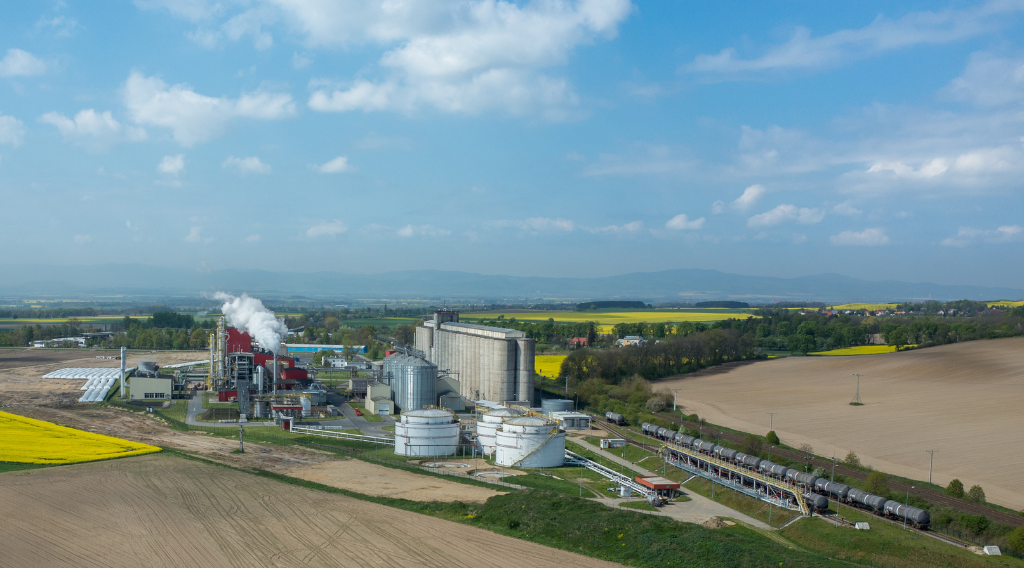
Throughout the previous posts in our series on renewable natural gas (RNG) produced from anaerobic digestion (AD), we explored opportunities and challenges for the technologies. This post concludes the series by examining the policy framework for RNG produced from AD in Minnesota and recommending potential next steps.








